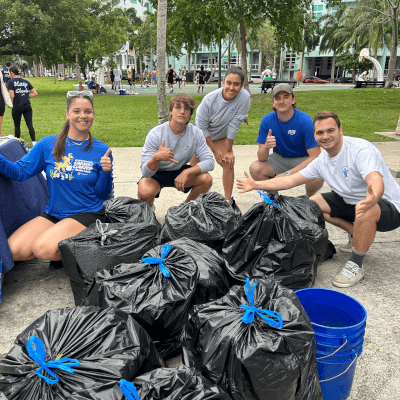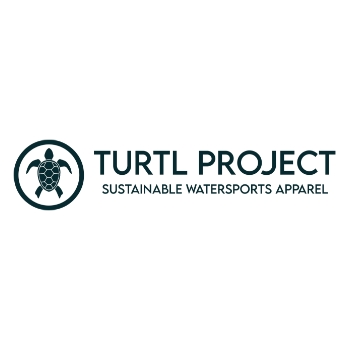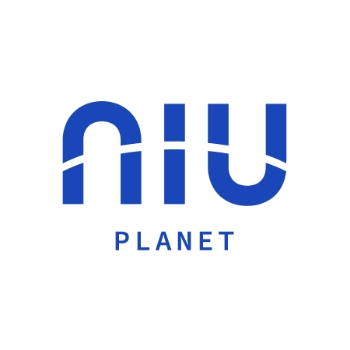SeaKeepers x Turtl Project Margaret Pace Cleanup
Miami, Florida
November 18, 2023
Overview
On Saturday, November 18th, The International SeaKeepers Society partnered with Turtl Project to host a cleanup at Margaret Pace Park. We were joined by about 60 volunteers who came to help us clean the park and learn about ways they can increase their sustainability efforts through Turtl Project’s sustainable watersports apparel and NIU Planet’s environmental mileage program, “Bubbles”. After learning about how they can increase their engagement, our volunteers set out with bags, buckets and gloves to clean up as much of the park as we could, with emphasis on the rocky coastline and mangroves that separate the park from Biscayne Bay. This cleanup was held after a quite windy and rainy week, which speeds the process by which litter in our communities can enter our waterways by blowing directly off the coast or by entering storm drains in the street, which deliver the untreated rainwater and the debris it's carrying directly into the bay. Over the course of the cleanup, our volunteers brought back over 150 lbs of debris, including some objects that seemed unintentionally discarded such as a lifejacket, a paddle and some shoes. Besides these odd finds, most of the debris brought back was food and beverage containers and wrappers and cigarette butts, items that are often intentionally littered. Patterns in the debris collected such as these help us understand what types of single-use items often end up in the environment and suggest areas where sustainable alternatives are needed. We hope that by hosting these cleanups we are not only keeping
Biscayne Bay clean, but we are raising awareness about the impact of marine debris and our choices. We are thankful to all the volunteers who helped us clean and we hope to see them at future cleanups!
Outing Goal
Marine Debris Tracker is a data collection app that allows the general public to contribute to an open-date platform and scientific research by recording the different types of litter, specifically plastic pollution, that they find in either inland or marine environments. Marine Debris Tracker was developed by the University of Georgia’s Jambeck Research Group, which SeaKeepers worked with in 2021 when the Jambeck Research Group collaborated with Ocean Conservancy to assess Miami’s plastic waste management, known as a Circularity Assessment Protocol. SeaKeepers again assisted the Jambeck Research Group’s Circularity Informatics Lab in 2022 with another Circularity Assessment Protocol in the Florida Keys. The researchers of the Jambeck Lab use the Marine Debris Tracker app to record their data, and with citizen scientists also using the app, more data can be collected in different areas. Using Marine Debris Tracker at our cleanups involves community members in creating a bigger picture of plastic pollution, and provides the means for new scientific findings to be generated as well as for effective local legislation to be informed. SeaKeepers is excited to be incorporating this app at our cleanups and continue our mission of coastal education, protection, and restoration. In this cleanup, 12 % of volunteers participated in using the app to record data.




You must be logged in to post a comment.